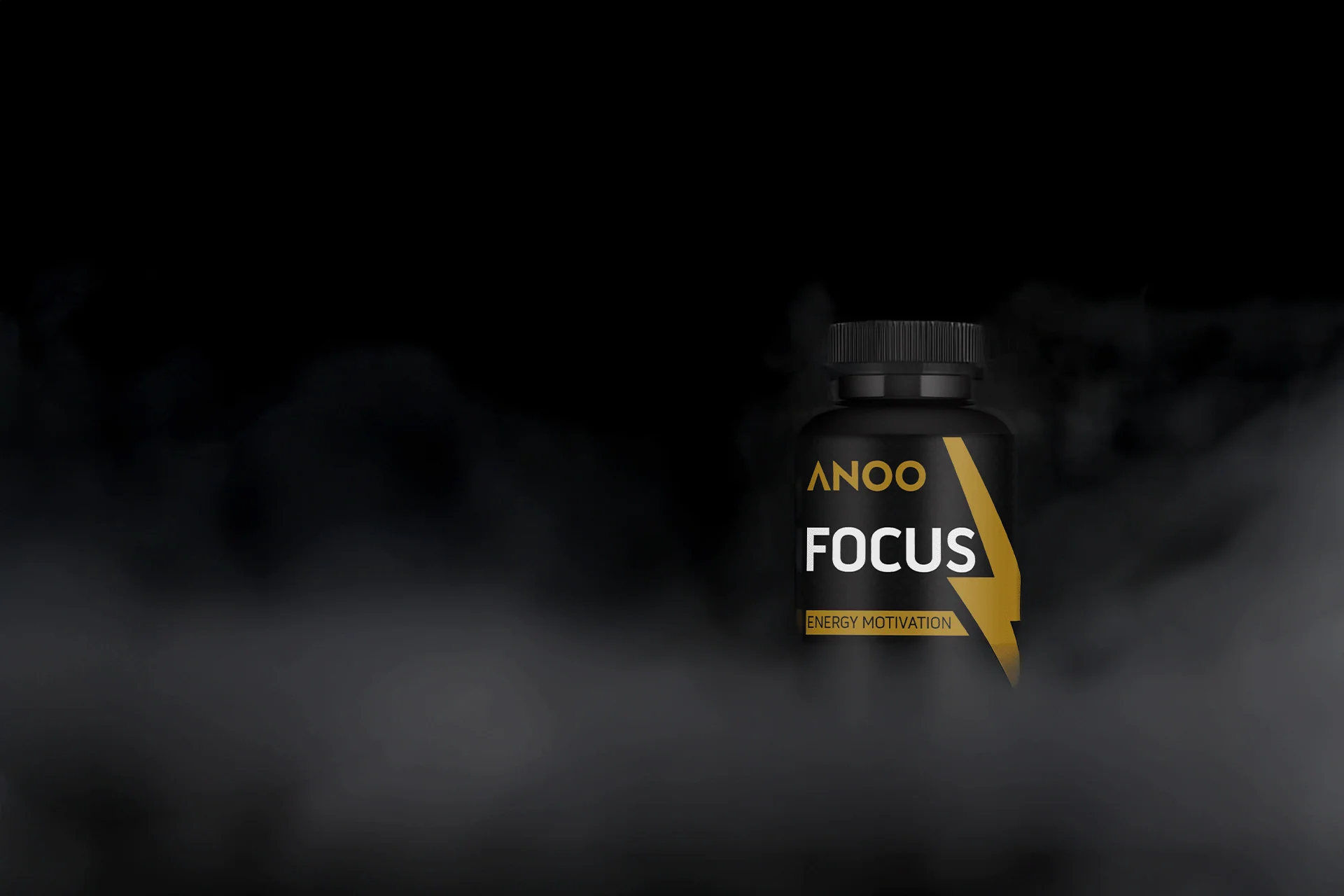Vitamins and supplements are easily one of the biggest categories in ecommerce. There is no question about that. There are thousands of vitamin brands and thousands of supplement brands; lots of players try to breakthrough in the space because it’s known to have a massive total addressable market and generally high customer lifetime value.
According to the CDC (Centers for Disease Control and Prevention), over 57% of all U.S. adults over 20 years old have used a dietary supplement in the last 30 days. That is huge. That is over 75,000,000 potential customers for these vitamin and supplement brands and a big reason why there is a rush to compete. This certainly doesn’t make it easy for the consumer, though. Which vitamin brand should you pick? Which supplements are legit? Which vitamin brands have the best ingredients and best third-party testing regiments?
There are a ton of questions and unfortunately, there are not many sources that give you the honest, objective answers. Every vitamin brand claims they’re the best and have the best manufacturing and production process. Same with every supplement brand.
In our objective, unbiased list below, you can check out some of the most popular vitamin and supplement brands on the market today.
Obvi makes super collagen supplement that are nothing like traditional supplements. Obvi comes in multiple formats including cereal (fruity, marshmallow, & cocoa flavors), protein bars, and powders like birthday cupcake, caramel macchiato, & pumpkin spice latte.
TOOLS used
Performance-driven supplement brand built for people who demand real / noticeable results. Powered by industry-leading products like Instantized Creatine®. All of our products are natural with no artificial anything...
TOOLS used
UMZU supplements are easy to trust, easy to use and easy to understand. Every supplement is built from nature, backed by science and designed to support a specific area of your health.
TOOLS used
Anoo produces high-quality nootropic supplements designed to enhance focus, energy, and mental clarity using science-backed ingredients and a natural formulation approach. Their flagship product, ANOO Focus, is created in a GMP-certified facility in the U.S. and marketed to support cognitive performance and reduce mental fatigue.
TOOLS used
Tusol Wellness offers a range of high-quality, plant-based wellness products designed to support overall health and well-being. Their product line includes supplements, tinctures, and topicals formulated with carefully sourced, natural ingredients like CBD, adaptogens, and botanical extracts.
TOOLS used
TribeTokes is a leading D2C brand specializing in premium CBD and cannabis accessories. Founded in 2017, TribeTokes offers a range of high-quality products, including vape pens, cartridges, and skincare infused with CBD. Catering to the modern cannabis enthusiast, TribeTokes prioritizes quality, safety, and style, utilizing innovative technology and sustainable materials. With a focus on wellness and lifestyle, the brand aims to destigmatize and elevate the cannabis experience. Through its online platform and retail partnerships, TribeTokes provides customers with access to sophisticated, reliable products that enhance their journey towards holistic well-being.
TOOLS used
begin is a children's nutrition health company that empowers parents with the knowledge and tools to optimize their children's well being. Its first product, Begin Growing-up Prebiotics is an unflavored blend of fiber powder that can be mixed into drinks or food to support kids digestive health and regular bowel movements.
TOOLS used
Liquid IV is best known for its oral rehydration solution that uses the science of Cellular Transport Technology (CTT)™ to hydrate faster than water and comes in unexpected flavors like Apple Pie and Pina Colada.
TOOLS used
GHOST pre-workout are supplements like no other, delivering energy, focus, and pump. Though they brand themselves as a sport supplement, they have built up a huge fan base in gaming.
TOOLS used
Targeted at gamers, Sneak is a low-calorie, sugar-free energy drink. It's available in powder or cans for a powerful, sustained energy boost and packed with vitamins to heighten your reaction times and keep you focused.
TOOLS used
Chocolate supplements? Yup, it exists and you can thank SOURSE, the vitamin infused dark chocolate bites made with the highest quality ingredients. SOURSE has 4 types of bites Glow Bites, Hype Bites, Mood Bites, and Beauty Bites - packed with vitamins and high quality ingredients to help you start your day right. 1-month supply costs $29.90 and comes with 2 bags (60 bites).
TOOLS used
Powered by fruits, plants, and the joy of creativity, Feel Goods delivers essential elements for a more grounded and uplifted state. Because when you feel good, you do good.
TOOLS used




